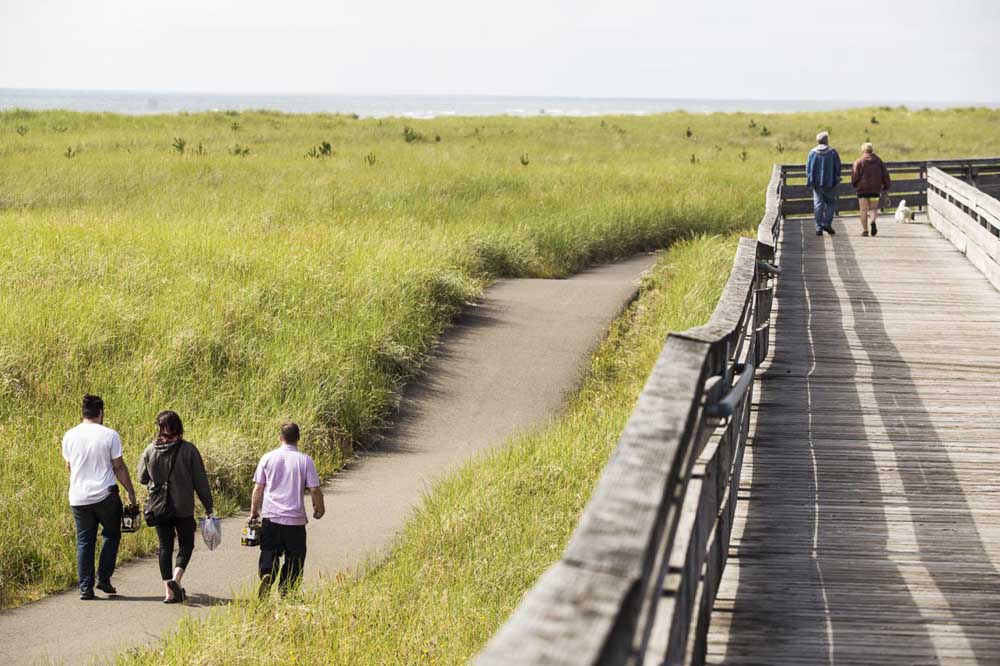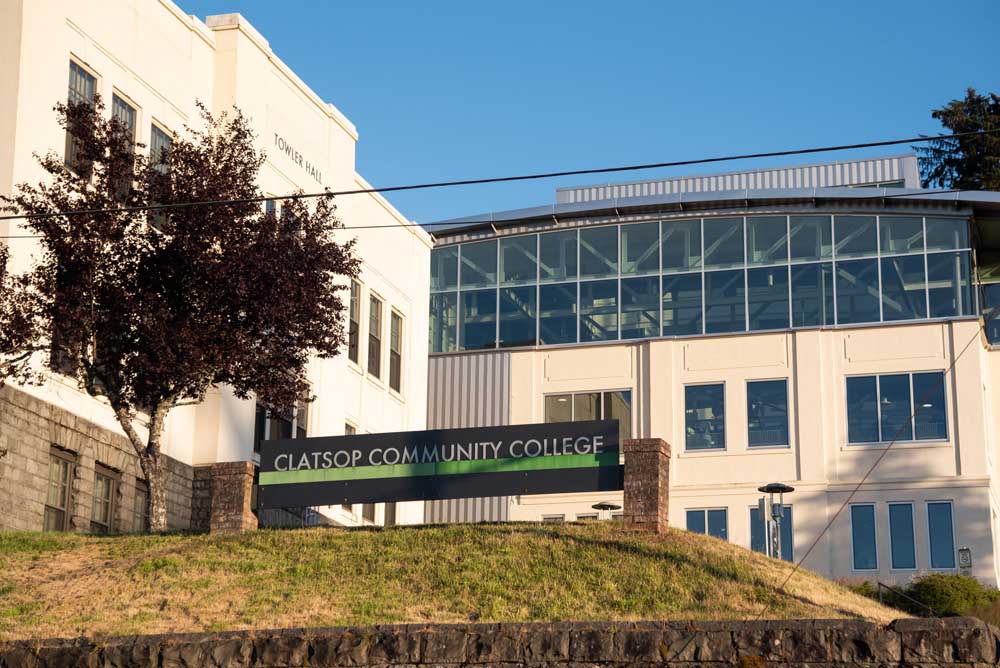Long Beach OKs agreement with state parks for boardwalk work
Published 4:28 pm Thursday, August 10, 2023

- Major renovation of the decades-old Long Beach Boardwalk can begin soon.
LONG BEACH, Wash. — Councilors in Long Beach on Monday authorized Mayor Jerry Phillips to sign an agreement with Washington State Parks that will allow for the reconstruction of the city’s boardwalk.
Trending
The contract that was signed off by the Long Beach City Council at its Monday meeting extends a preexisting agreement between the city and state parks that was first signed in 1990. That initial 25-year agreement gave the city permission to construct the boardwalk and pave a non-motorized trail — the first segment of Discovery Trail — on state parks land.
The agreement stipulated that the development, repair, maintenance and operation of the boardwalk was Long Beach’s responsibility and that state parks bore no cost. The deal also limited any future development to day-use activities, with an emphasis on the “preservation and interpretation of the natural beach environment.”
That arrangement was superseded by a new 25-year recreational use agreement between the parties in 2002. This new deal allowed the city to oversee the management, maintenance, construction and repair of parking, restrooms and other general day-use recreational facilities aside from the boardwalk and Discovery Trail.
Trending
Several years still remain on the contract, but a stipulation of the $2.5 million that Long Beach is receiving from the U.S. Economic Development Administration — courtesy of the American Rescue Plan — for the boardwalk work requires that the recreational use agreement between the city and state parks is in place for at least 15 years from the day that the boardwalk reconstruction is completed.
Mirroring the previous contracts between the parties, Long Beach sought a 25-year extension of the agreement, combined with the remaining four years on the current contract for a total of 29 years. Councilors unanimously authorized Phillips to sign the agreement on Monday.
Long Beach Deputy City Administrator and Community Development Director Ariel Smith said the authorization was the “last piece of the puzzle we needed to have” for the city’s submittal to the Economic Development Administration for a good title legal review.
“This has been a hold up for us, so we’re excited to move forward,” Smith said.
A new top
The reconstruction will see the replacement of all of the boardwalk’s 30-year-old decking, as well as basically everything else above the pilings — including the railings, and the lighting on the east railings. The boardwalk will also be raised in some areas, and a stainless steel water fountain will be installed at the south platform.
This new contract requires the city to include wetland and buffer areas in the engineering drawings for the boardwalk reconstruction, as well as marking the wetlands and buffers so that contractors are alert of the areas and have them be restricted from all heavy equipment and staging to access the boardwalk. Before work starts on the boardwalk, Long Beach also must consult with stewardship and environmental planning teams from the state to protect the sensitive upper beach environment.
Construction and maintenance work also must be reviewed by state archeologists prior to any ground disturbance, and are subject to applicable cultural resource regulations and laws. If any cultural resources — such as traditional religious, ceremonial or social tribal artifacts, or human skeletal remains — are discovered, the city must immediately cease work and contact the state parks’ archaeology program manager.
In 2005, the discovery of gravesites and the remains of Chinookan plank houses at the Station Camp/Middle Village unit of Lewis and Clark National Historical Park in McGowan led to a major site redesign and a six-year delay. Such a discovery is unlikely at the boardwalk, which is built on an accreted sand dune that came into existence in the 20th century.









